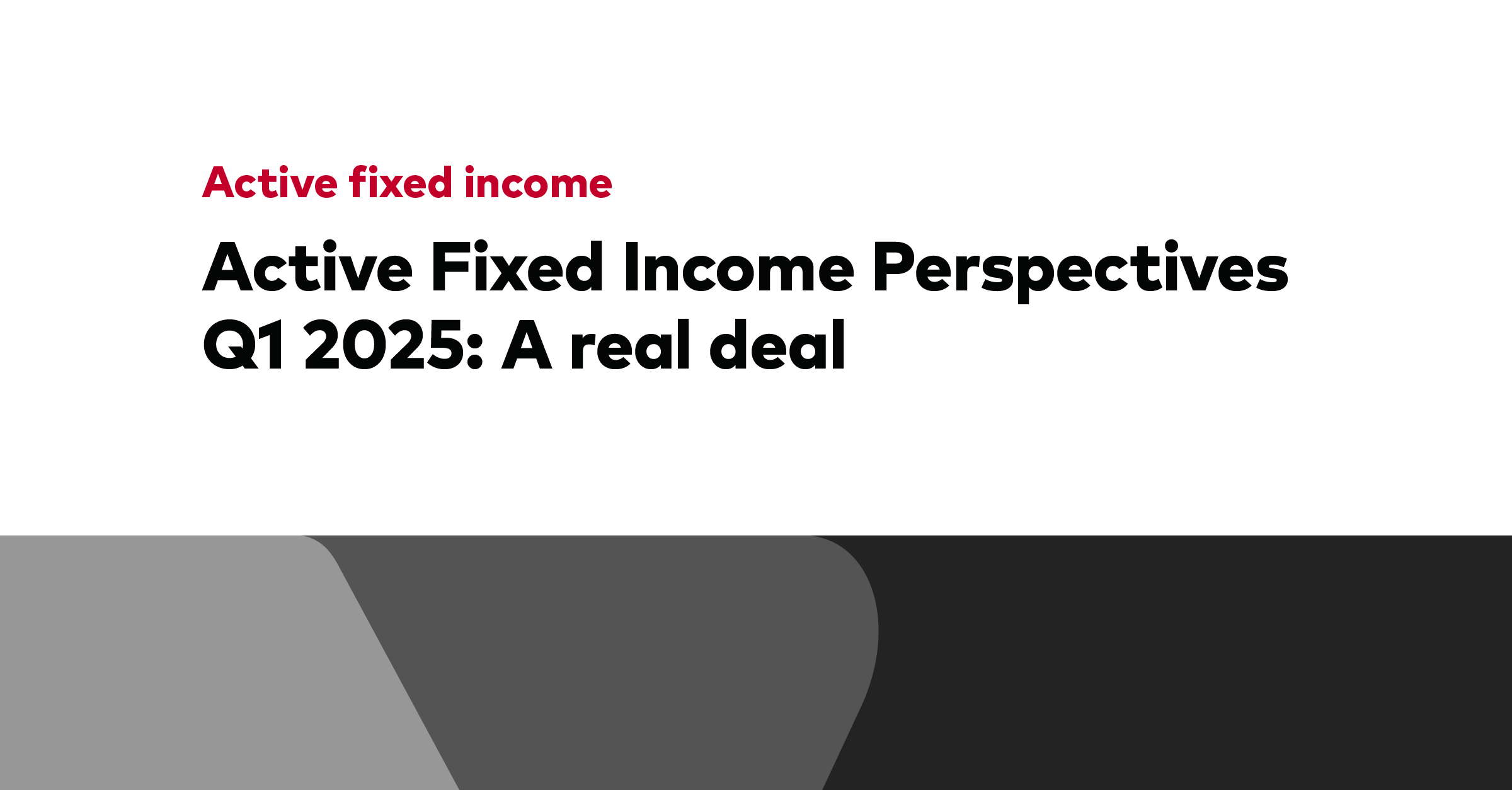Research summary
ETF industry perspectives: Know what you own in 2025
February 18, 2025
In this edition of ETF Industry Perspectives, we focus on why Indian equities may appeal to investors, as well as some of the risks associated with this market. We also look at why investors might want to consider bond ETFs in their portfolios as an alternative to cash.
Vanguard ETF Industry Perspectives Q1 2025 is our in-depth quarterly commentary featuring the latest ETF insights, with analysis of how important trends may affect ETF investors.
Key highlights
Equity spotlight
Amid widening geopolitical and economic uncertainty, Indian equities loom large as a market with robust growth that has boosted the prominence of India in global equity indexes and rewarded investors with often-solid returns.
India’s population, unlike those of many other countries with important economies, is growing. Just as importantly, India’s GDP has been rising along with that population growth. But there are implications for international investors to consider: Capital gains taxes in India can be misunderstood and underestimated. Our look at Indian equities will potentially help investors better understand one of the world’s most promising equity markets.
Fixed income spotlight
Amid perceptions that some investors may be overallocated to cash, we take a closer look at what the reality is.
Investors typically hold cash to be able to fund nearer-term needs with a highly liquid asset. But it turns out that investors could allocate to other assets that might generate more yield than cash without adding significant volatility or giving up too much
liquidity—including ultrashort bond ETFs.
ETF Perspectives: Q1 2025
Notes:
Vanguard ETF Shares are not redeemable with the issuing Fund other than in very large aggregations worth millions of dollars. Instead, investors must buy and sell Vanguard ETF Shares in the secondary market and hold those shares in a brokerage account. In doing so, the investor may incur brokerage commissions and may pay more than net asset value when buying and receive less than net asset value when selling.
All investing is subject to risk, including the possible loss of the money you invest.
Investments in bonds are subject to interest rate, credit, and inflation risk.
